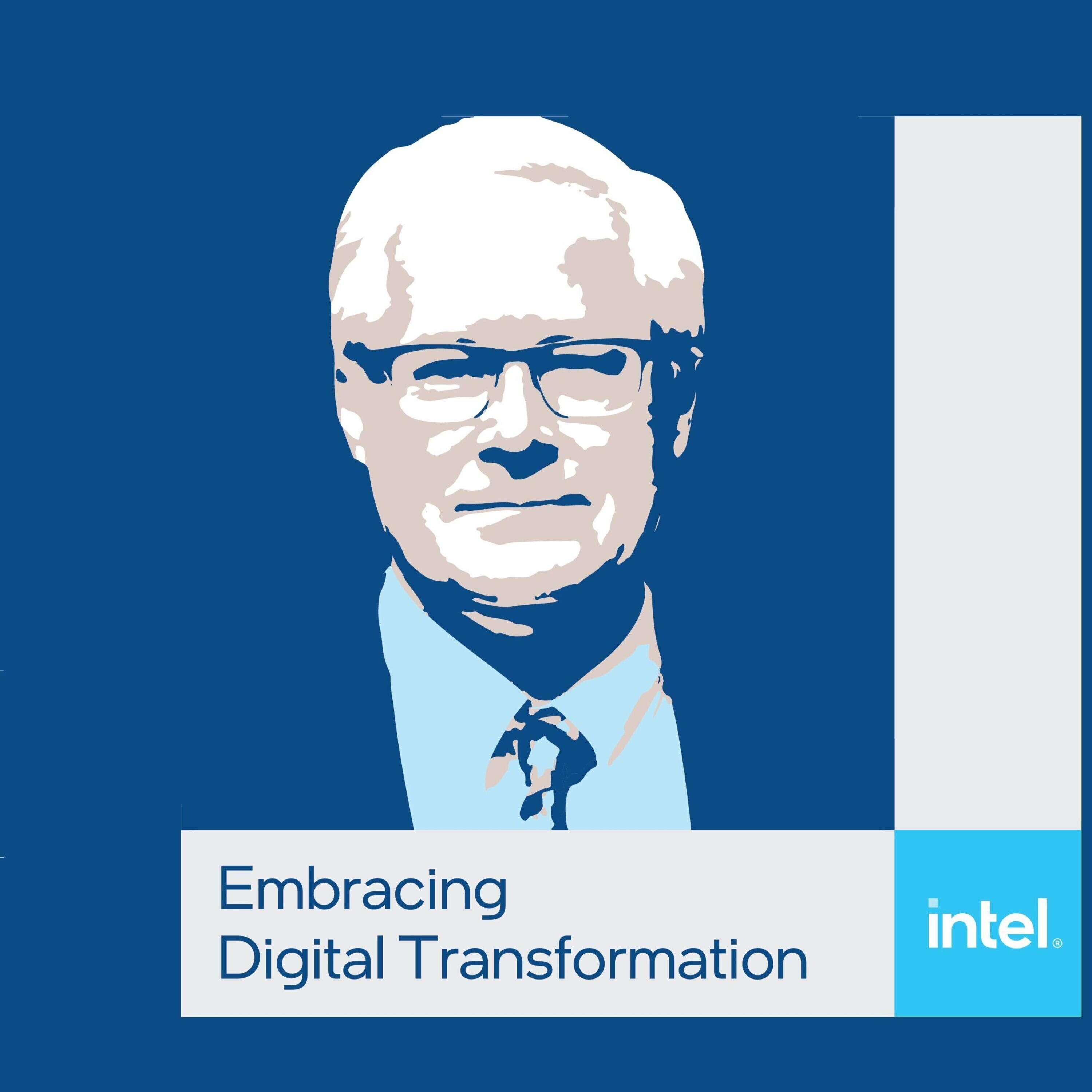GenAI in Higher Education
In this podcast episode, Darren Pulsipher, chief solution architect of public sector at Intel, interviews Laura Torres Newey, a New York Times best-selling author and university professor, about the impact of generative AI in higher education. This episode delves into the challenges and opportunities presented by the integration of generative AI in the classroom, highlighting the need for critical thinking skills, the concerns of bias, and ensuring the preservation of unique voices. Addressing Biases in Generative AI
One of the key concerns discussed in the podcast is the potential bias that generative AI systems may exhibit. It is essential to recognize that AI models are trained using data, and biases present in that data can be reflected in the output. To mitigate these biases, efforts have been made to curate the data used for training AI systems. However, as this curation is done by humans, it introduces a different form of bias. Continuous evaluation and improvement of AI training processes are necessary to ensure that AI systems represent a diverse range of voices and do not perpetuate skewed perspectives.
Preserving Authenticity and Individuality
Generative AI also raises concerns about the loss of critical thinking skills and the diminishing uniqueness of individual voices. As AI technology becomes more prevalent in education, there is a risk that students' work and ideas may be influenced by generic AI-generated content, detracting from their own unique voices and arguments. Laura Torres Newey suggests a shift in focus, emphasizing the importance of teaching critical thinking skills and evaluating the process by which students arrive at their conclusions. By prioritizing well-researched sources, the ability to identify misinformation, and the inclusion of counterarguments, educators can nurture the development of authentic and individual voices.
Balancing AI Integration in Education
Integrating generative AI into the classroom offers both opportunities and challenges. It is crucial to find the right balance between utilizing AI as a tool for enhancing educational experiences and preserving the authenticity and uniqueness of students' voices. As educators, it becomes imperative to design assignments that encourage critical thinking and incorporate AI-generated content as a means of comparison and analysis rather than a replacement. By fostering a learning environment that values students' integration of AI tools while still maintaining focus on their progress and learning outcomes, education can adapt to the changing technological landscape.
In conclusion, the podcast episode featuring Laura Torres Newey provides valuable insights into the impact of generative AI in higher education. It highlights the need for addressing biases in AI systems, promoting critical thinking, and preserving authentic voices and individual expression. As the educational landscape continues to evolve with the integration of AI, it is crucial for educators to navigate these changes thoughtfully and intentionally to facilitate the holistic growth and development of their students.

